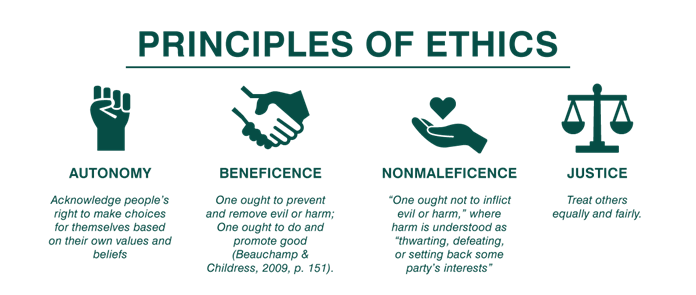A nurse observes two assistive personnel (AP) arguing over who should go on break first. The nurse interrupts the conversation and states that one AP can take a break now, but the other AP will get to take an early lunch. Which of the following types of conflict management is the nurse demonstrating?
Cooperating
Compromising
Competing
Avoiding
The Correct Answer is B
In this situation, the nurse is demonstrating the compromising style of conflict management. Compromising involves finding a middle ground where both parties give up something in order to reach a mutually acceptable solution. In this case, the nurse suggests that one AP can take a break now, but the other AP will get to take an early lunch. This solution allows both APs to have some of their needs met while also making concessions.
The other options are not the type of conflict management demonstrated by the nurse in this situation. Cooperating [a] involves one party giving in to the demands of the other party in order to maintain harmony. Competing [c] involves one party trying to win at the expense of the other party. Avoiding [d] involves avoiding or withdrawing from the conflict altogether.

Nursing Test Bank
Naxlex Comprehensive Predictor Exams
Related Questions
Correct Answer is B
Explanation
When preparing to administer medications, the nurse carefully confirms the drug order and the patient's identity. This adherence to an essential ethical principle is Non-maleficence. Non-maleficencerefers to the principle of "do no harm" and requires healthcare providers to avoid causing harm to their patients.
Option A refers to wrongdoing or misconduct and is not applicable in this situation.
Option C refers to truthfulness and honesty, but it is not the primary principle being demonstrated in this situation.
Option D refers to fairness and equality, but it is not the primary principle being demonstrated in this situation.
Correct Answer is B
Explanation
Nonmaleficence is the ethical principle of doing no harm. It requires healthcare providers to avoid causing harm to their patients and to take steps to prevent harm from occurring.
The other options are also important ethical principles in healthcare, but they do not specifically refer to doing no harm. Justice [a] refers to the fair distribution of benefits and burdens in society. Beneficence [c] refers to the obligation to do good and promote the well-being of others. Veracity [d] refers to the obligation, to tell the truth and not deceive others.

Whether you are a student looking to ace your exams or a practicing nurse seeking to enhance your expertise , our nursing education contents will empower you with the confidence and competence to make a difference in the lives of patients and become a respected leader in the healthcare field.
Visit Naxlex, invest in your future and unlock endless possibilities with our unparalleled nursing education contents today
Report Wrong Answer on the Current Question
Do you disagree with the answer? If yes, what is your expected answer? Explain.
Kindly be descriptive with the issue you are facing.
